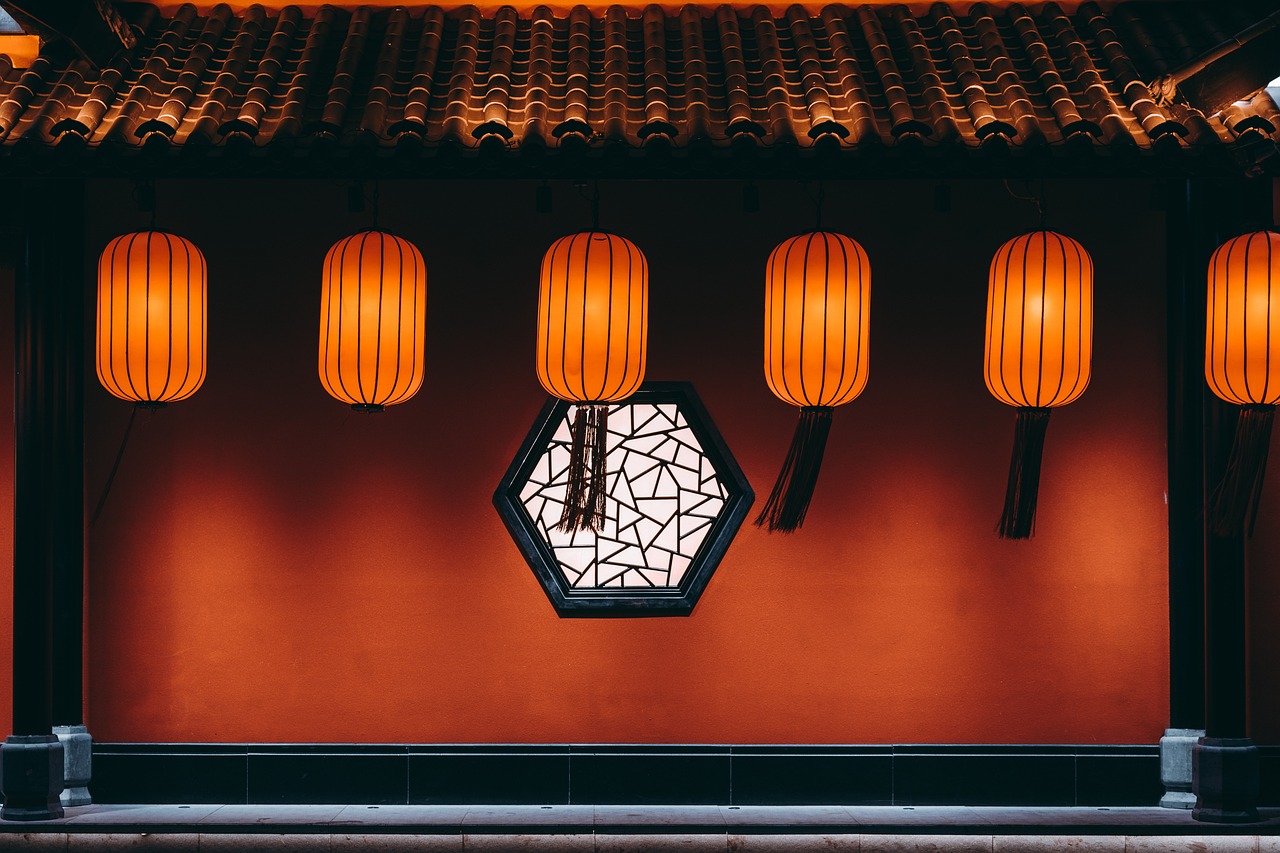
Hungarian Foreign Minister Peter Szijjártó is completing his visit to Beijing with a focus on a peace strategy for the Ukraine and Chinese manufacturing investments in Hungary. Cooperation between Hungary and China has strengthened in the last decade, with China’s Contemporary Amperex Technology Co establishing a €7.3bn battery plant in the country in partnership with Mercedes-Benz Group AG. Hungary additionally expects to receive another €3bn Chinese investment in its automatic sector and Chinese battery maker Eve Power announced on Monday a $1.2 billion investment to supply batteries to BMW AG in Hungary.
“In nine years, we have managed to raise our relations to a strategic level, we have succeeded in attracting the most Chinese investment in Central Europe, we have major joint projects, and we are now speaking out for peace together,” said Szijjártó, as he met State Councilor Wang Yi, the head of Chinese diplomacy, and China’s Foreign Minister Qin Gang.
Speaking at the China-CEEC Forum, Szijjártó welcomed the fact that from now on, there will be 42 flights per week between China and Hungary instead of 21, and it will apply to both passenger and freight transport. Hungary, already the main point of entry for Chinese freight to East Europe, also received $7.6 billion in belt and road investment last year — more than any other country — despite a multiyear downward trend in Chinese investment in Europe.
Among the European Nations, Hungary’s peace proposal for Ukraine is the closest aligned with China’s, which involves a ceasefire along current battle lines. This has been met with criticism from President Zelensky, who demands complete withdrawal from Ukrainian territory as defined by the UN and war reparations from Russia.






